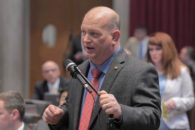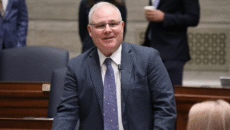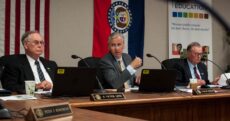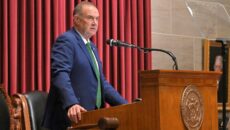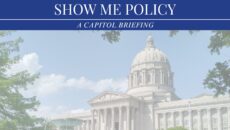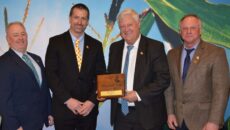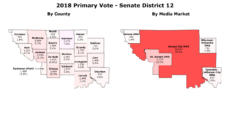Missouri’s Department of Elementary and Secondary Education (DESE) submitted its request for federal funds through the American Rescue Plan Thursday, allocating most to local schools to respond to the pandemic.
Of the state’s $1.96 billion allotment through the Elementary and Secondary School Emergency Relief (ESSER III) fund, 90 percent would go to local education agencies (LEAs) under the department’s plan. The remaining 10 percent would be used to address the impact of the pandemic through state-level initiatives and projects.
Going forward, the department intends to invest the funds in technology and the state’s teacher shortage, an issue Missouri has grappled with since before the pandemic. The department hopes to fund a statewide recruitment campaign and grants geared toward retention and recruitment.
“As we look to the future, it’s clear that Missouri schools face several key issues we must address,” Commissioner Margie Vandeven said. “DESE will use the unprecedented opportunity presented by ESSER III to partner with others to invest in the educator workforce, to commit resources to rigorous learning acceleration, and to address the digital divide.”
According to the department, only 25 percent of the state’s schools were able to operate on a fully remote basis at the height of the pandemic. By the close of this school year, more than 99 percent were offering on-site learning options.
The proposal also included a redesign of the state’s assessment system to focus on early literacy, support learning processes, and align with priority standards.
The plan was presented before the state Board of Education earlier this week; as noted by board members, the state will have immediate access to two-thirds of its allocation with the remainder dependent on the approval of its application. Spending authority for the funds would have to be granted by the legislature, either through a supplemental budget or a regular appropriation.
The digital divide is also a focus of both the Missouri Legislature and the federal government; the House Interim Committee on Broadband Development is convening through December to evaluate the state’s access, while the White House released a new mapping tool Thursday aimed at highlighting areas of the country that lack adequate coverage.



